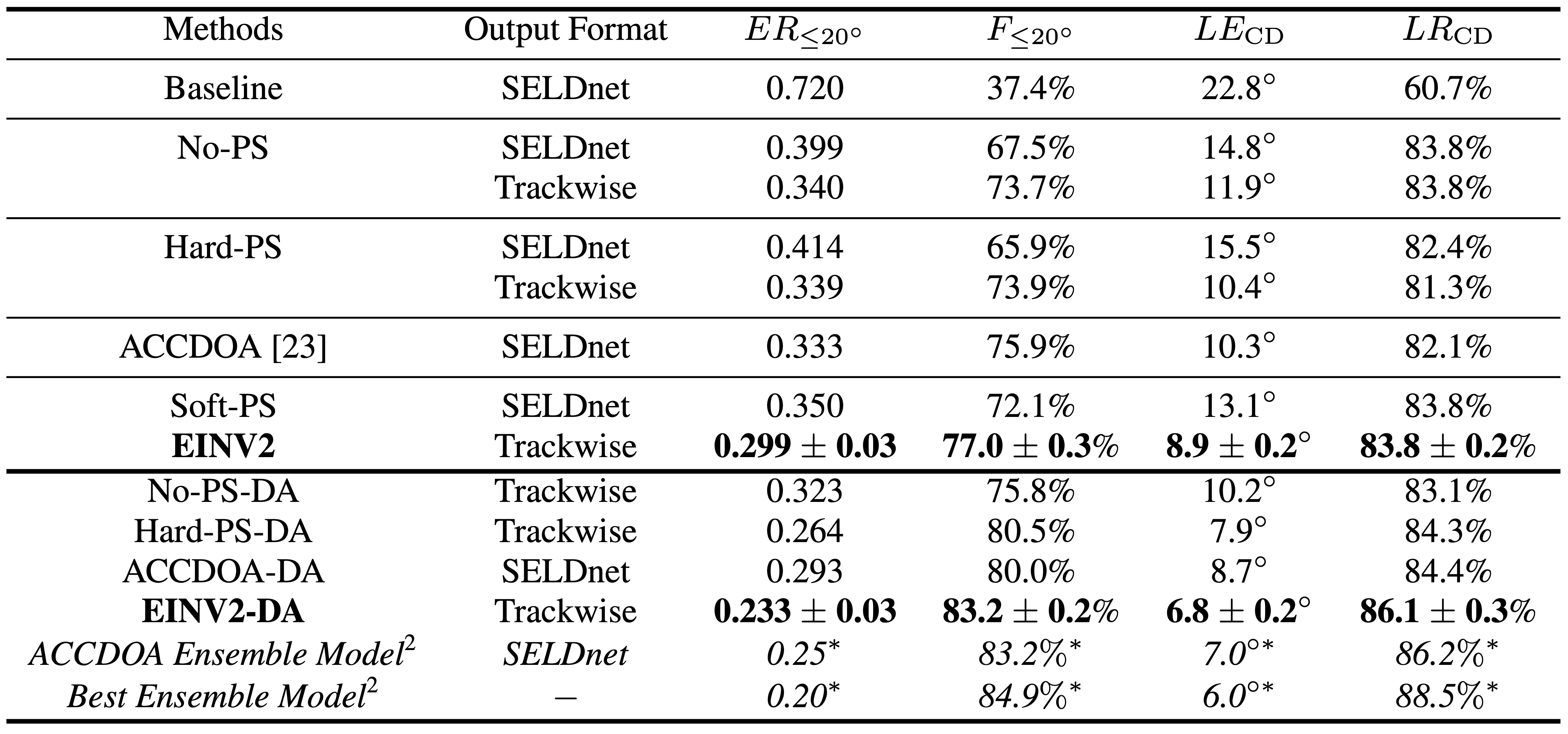A Dataset of Reverberant Spatial Sound Scenes with Moving Sources for Sound Event Localization and Detection
This report presents the dataset and the evaluation setup of the Sound Event Localization & Detection (SELD) task for the DCASE 2020 Challenge. The SELD task refers to the problem of trying to simultaneously classify a known set of sound event classes, detect their temporal activations, and estimate their spatial directions or locations while they are active. To train and test SELD systems, datasets of diverse sound events occurring under realistic acoustic conditions are needed. Compared to the previous challenge, a significantly more complex dataset was created for DCASE 2020. The two key differences are a more diverse range of acoustical conditions, and dynamic conditions, i.e. moving sources. The spatial sound scenes are created using real room impulse responses captured in a continuous manner with a slowly moving excitation source. Both static and moving sound events are synthesized from them. Ambient noise recorded on location is added to complete the generation of scene recordings. A baseline SELD method accompanies the dataset, based on a convolutional recurrent neural network, to provide benchmark scores for the task. The baseline is an updated version of the one used in the previous challenge, with input features and training modifications to improve its performance.
PDF Abstract

